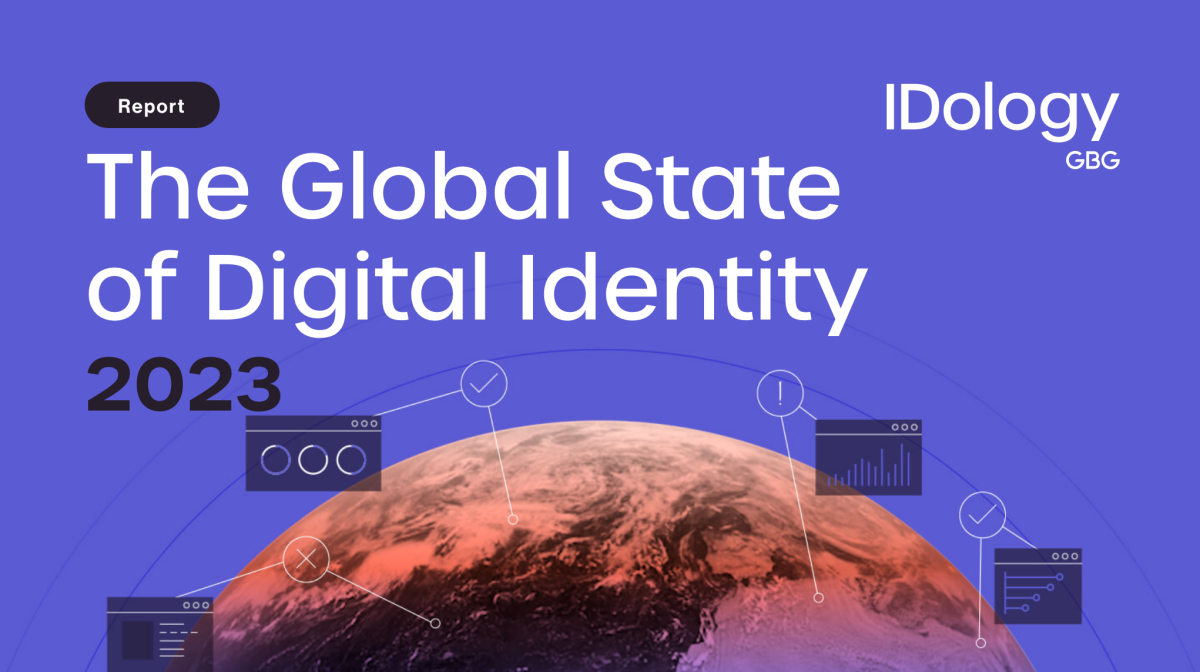GBGs latest digital identity report warns that scams and identity fraud have hit industrialized scale
The report also reveals a current landscape of consumer mistrust.
Findings from GBG’s Global State of Digital Identity 2023 report have uncovered startling fraud trends, with one in seven smartphone users have knowingly been a victim of identity fraud in the past year. The report, which surveyed consumers who own a smartphone and business leaders across the US, UK, France, Germany, Spain, and Australia uncovered that:
- 40% of consumers had an unauthorized online purchase made using their credit or debit card number
- 31% of consumers had money transferred out of their bank account
- 28% of consumers had their physical credit or debit card stolen and used
- 24% of consumers had their mobile number stolen or cloned
Additionally, smartphone users across the globe express a shared concern over mobile-based threats. In the US alone, 90% of consumers worry over becoming victims of fraud in future online attacks. 88% of UK smartphone owners and 94% of Australian mobile users share the same concerns.
The challenge of consumer trust in an era of rising fraud
GBG’s report reveals a current landscape of mistrust from consumers. More than two-thirds (67%) of consumers are worried their personal details are available for sale to fraudsters on the internet, and more than half (57%) mistrust eCommerce sites, believing their data is “not at all secure” or only “somewhat secure.” The level of anxiety is high among consumers globally, with over nine in ten (92%) concerned about falling victim to future fraud.
Trust is fundamental to digital transactions, but it is a fragile commodity. Failing to create an environment that values security and trust has lasting consequences. Just over half of the US-based businesses GBG surveyed saw lasting damage to brand reputation as one of the most significant potential fraud risks.
IDology’s Fifth Annual Consumer Digital Identity Study found that 65% of consumers are very or extremely concerned about companies collecting identity data online without their knowledge. The consumer study also found that 60% of consumers don’t do enough to safeguard their personal identity information. So, businesses can expect trust to heavily influence consumers’ feelings about a brand.
Consumers place the responsibility for creating secure and trusting experiences squarely on companies. The GBG’s report found that 72% of US businesses have experienced fraud attempts in the past year, compared to 23% of consumers. While consumers are largely unaware of the scale of recent fraud trends, 83% of consumer in the US believe it’s up to businesses to ensure that digital interactions are safe.
Security is becoming a competitive advantage to win over consumers
Global data from GBG’s report confirms rising consumer mistrust isn’t limited to a single country or industry. Brands increasingly need to win new business by demonstrating to consumers that their service is safe and secure. When asked about the importance of speed, ease, and security, GBG’s report discovered consumers globally rate security the highest: 64% stating it is extremely important vs. 32% stating speed is extremely important.
As a result, protecting a consumer’s identity is becoming increasingly critical for businesses to win and retain customer trust. Eighty-five percent of consumers globally prefer brands that offer advanced identity verification as part of a commitment to fighting identity theft and fraud. The importance consumers place on security is echoed in IDology’s consumer study, which found that 68% of consumers rank security as most important to them when creating an online account. Additionally, 37% of consumers abandoned signing up for a new online account because the process was untrustworthy.
Gus Tomlinson, Global Chief Product Officer at GBG, said, “Increasingly, customers are looking for evidence that their identities are protected and that measures are being taken to prevent fraud. There is much that businesses can do to build trust and make use of identity verification to protect their customers and their business—even using it as a competitive advantage, as we found that 91% of US businesses see digital identity verification as a positive strategic differentiator.”
Businesses can build trust by relying on intelligent identity verification tech. For example, 94% of global consumers believe biometric data to be secure. In addition, 82% stated they would open an account with a company that utilized biometric data to prove their identity. So, solutions for securely and efficiently onboarding customers while fostering trust are readily available.
To learn more and get the full report, register to join us for our webinar on key findings: Actionable Insights from GBG’s Global State of Digital Identity Report – led by Gus Tomlinson, Global Chief Product Officer at GBG.
About this research:
The research was conducted via online survey by Censuswide with two groups: a sample of 5,362 smartphone owners aged 18+ across the US (1,408), UK (1403), France (552), Germany (288), Spain (335) and Australia (1,376) and a sample of 321 decision makers aged 18+ across the US (79), UK (78), France (35), Germany (25), Spain (26) and Australia (78) within the following job role/responsibility: Fraud/Risk, Compliance/Regulatory, Product, Operations, Technology. The survey fieldwork took place between 03.13.2023 – 03.23.2023. Censuswide abide by and employ members of the Market Research Society which is based on the ESOMAR principles and are members of The British Polling Council.
